Free Blockchain technology Image Generator
Just imagine, and we'll instantly return a variety of personalized Blockchain technology images—designed to bring your creativity to life!
- 4:3
- 3:4
- 1:1

image.state.default
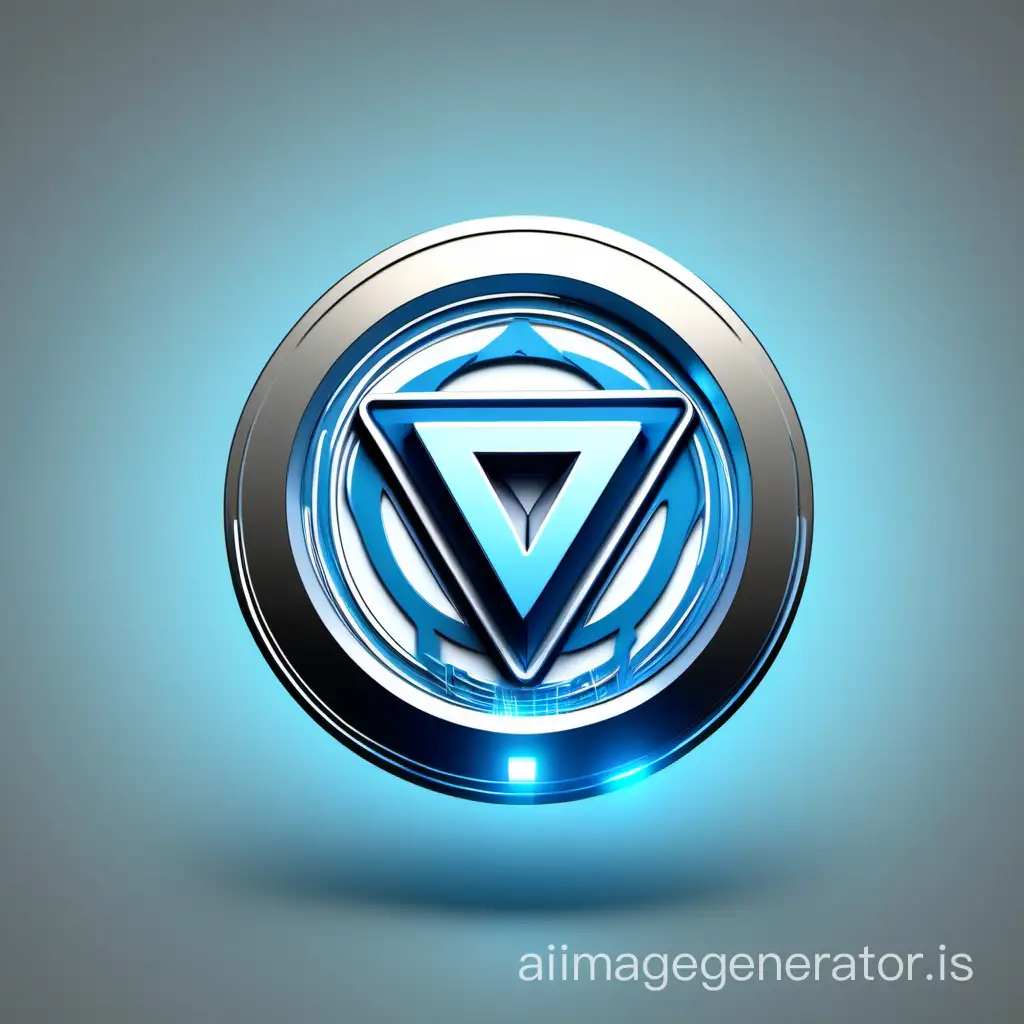
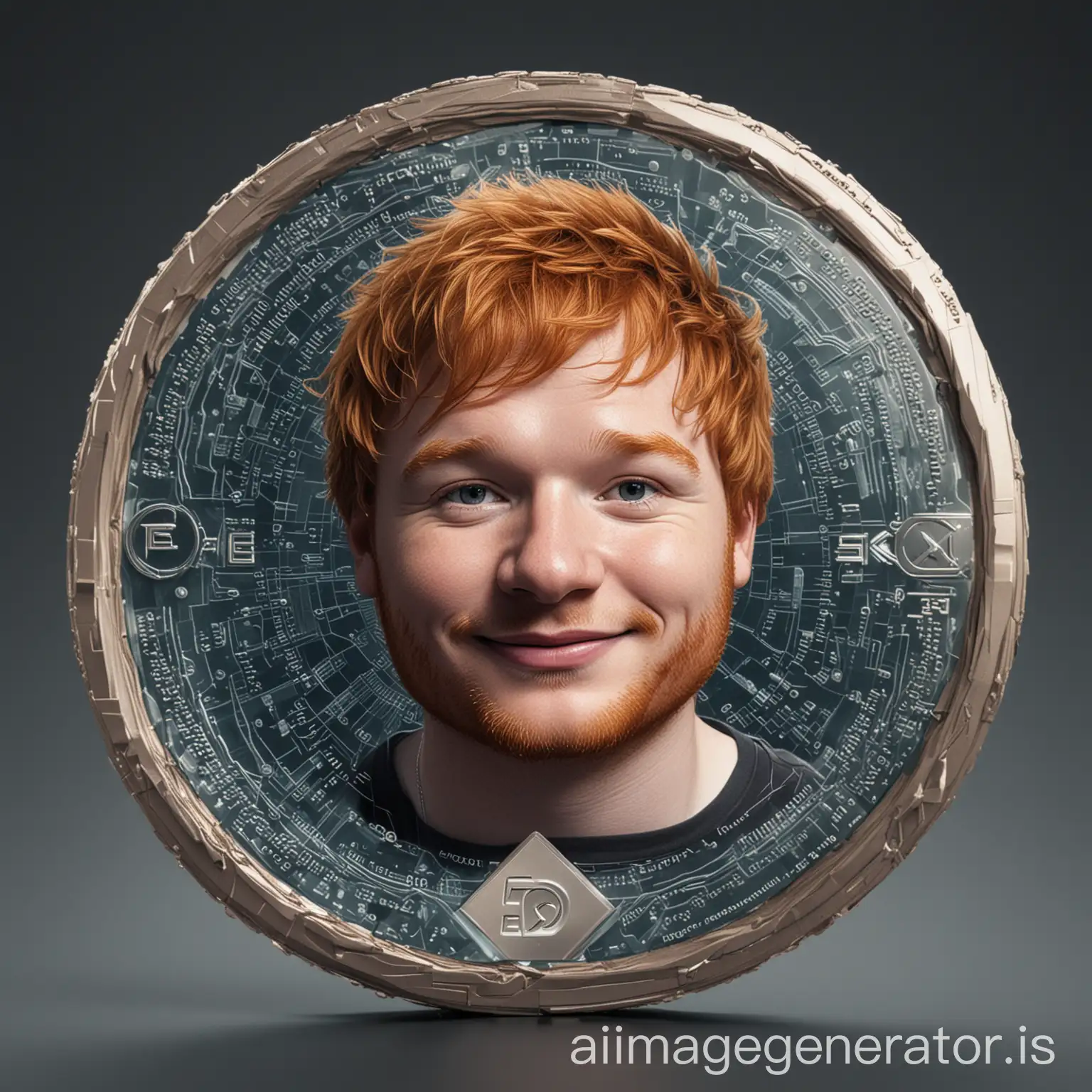
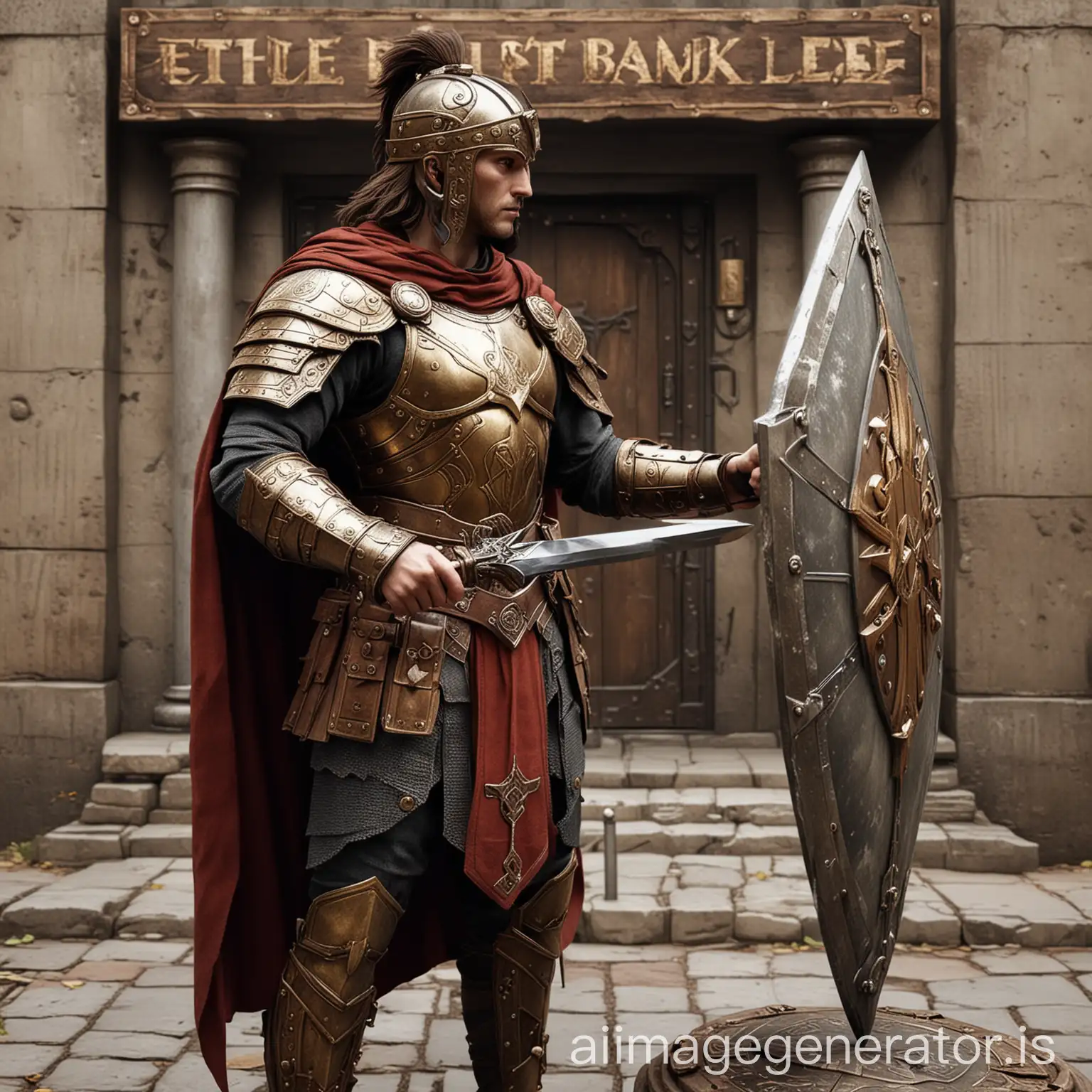
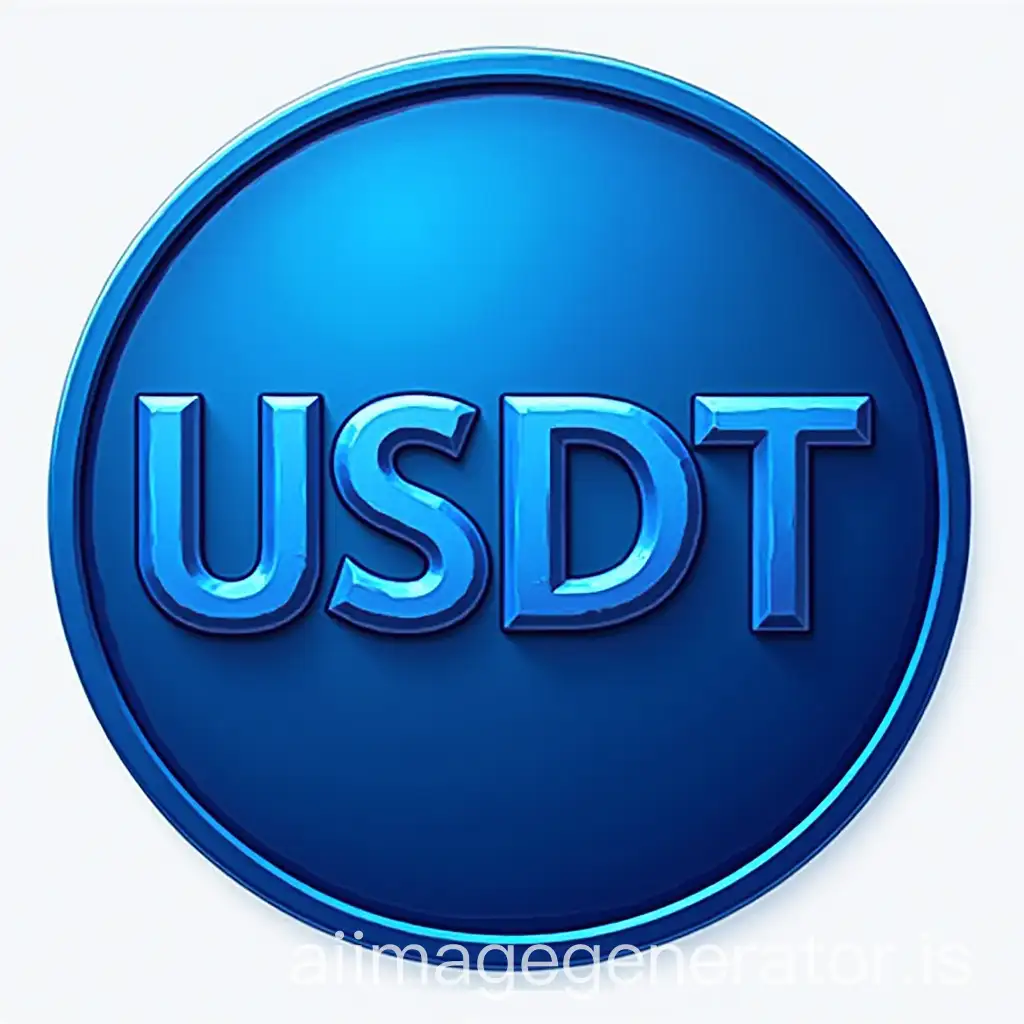
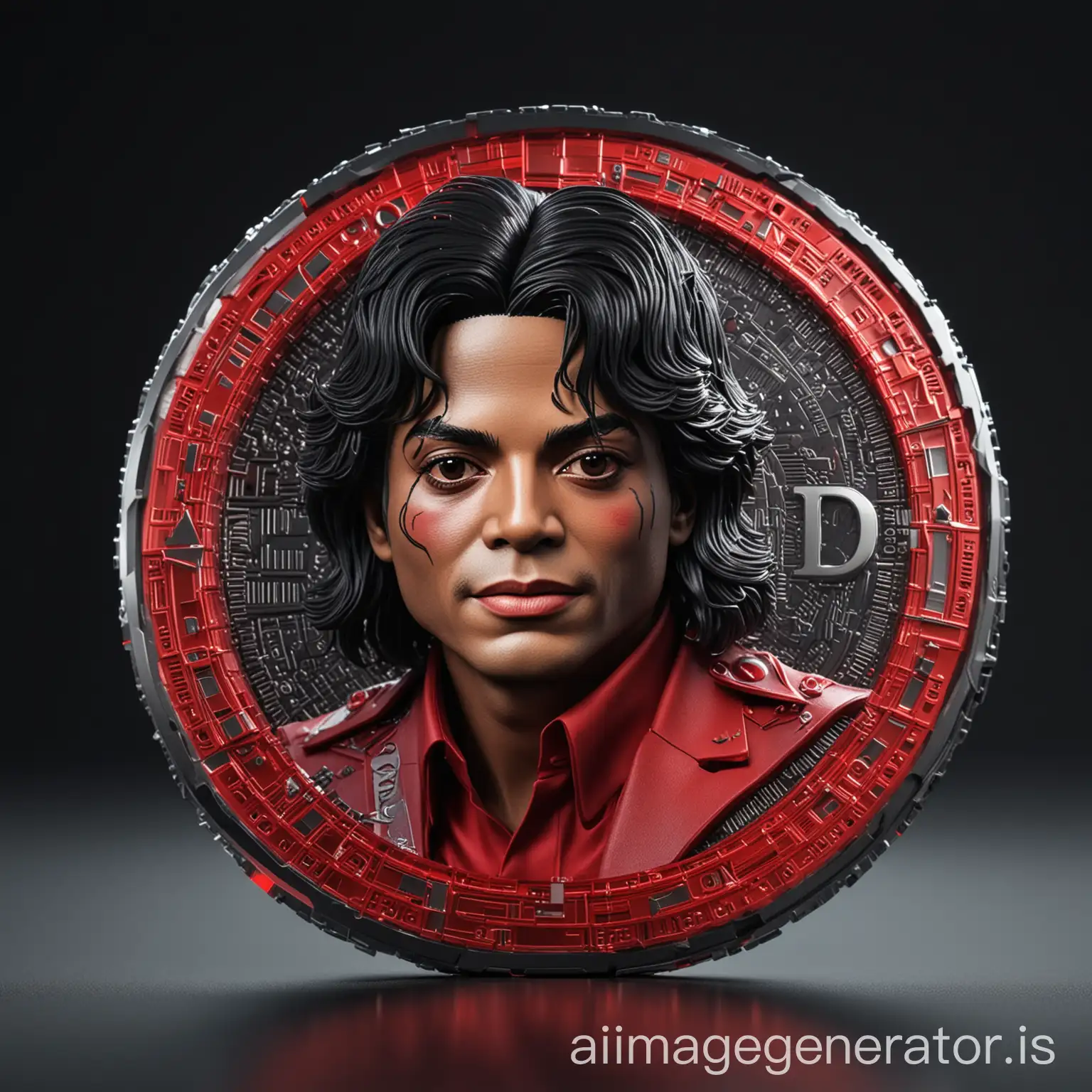

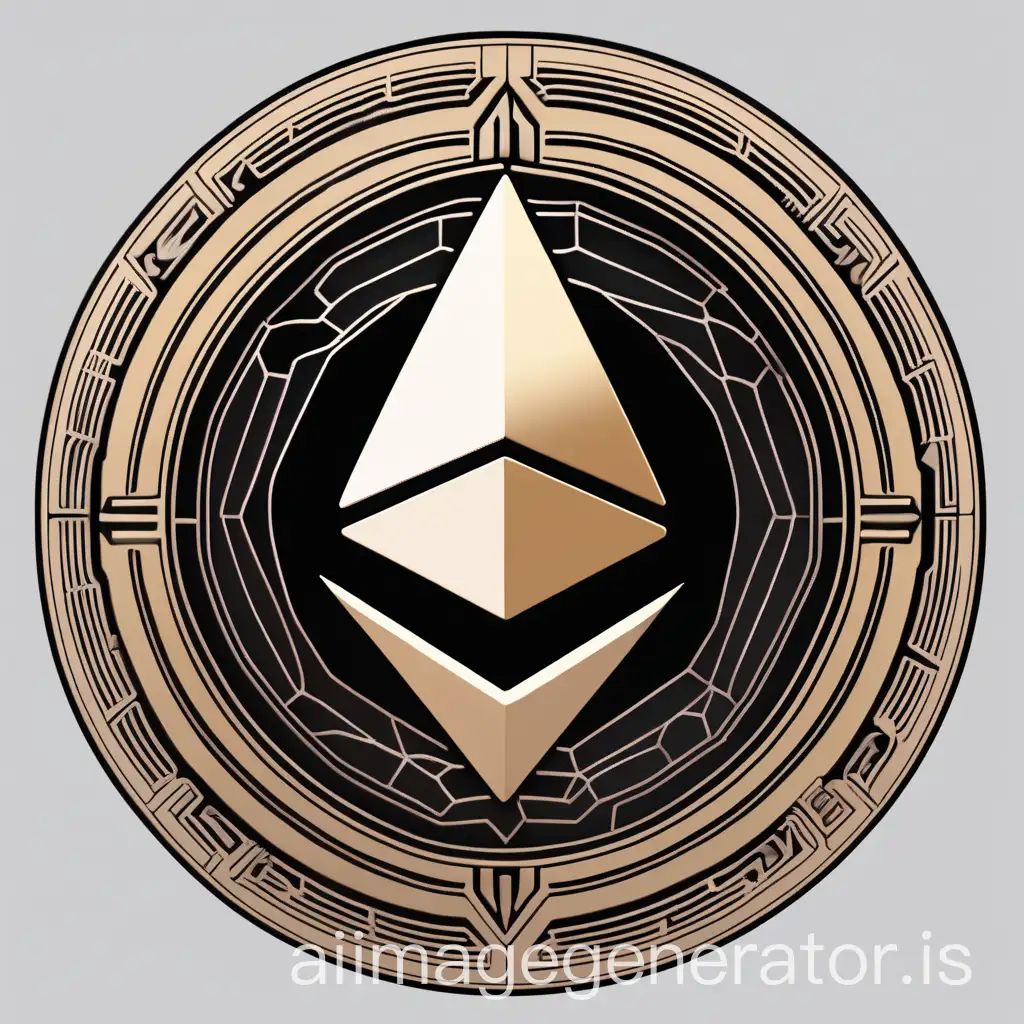


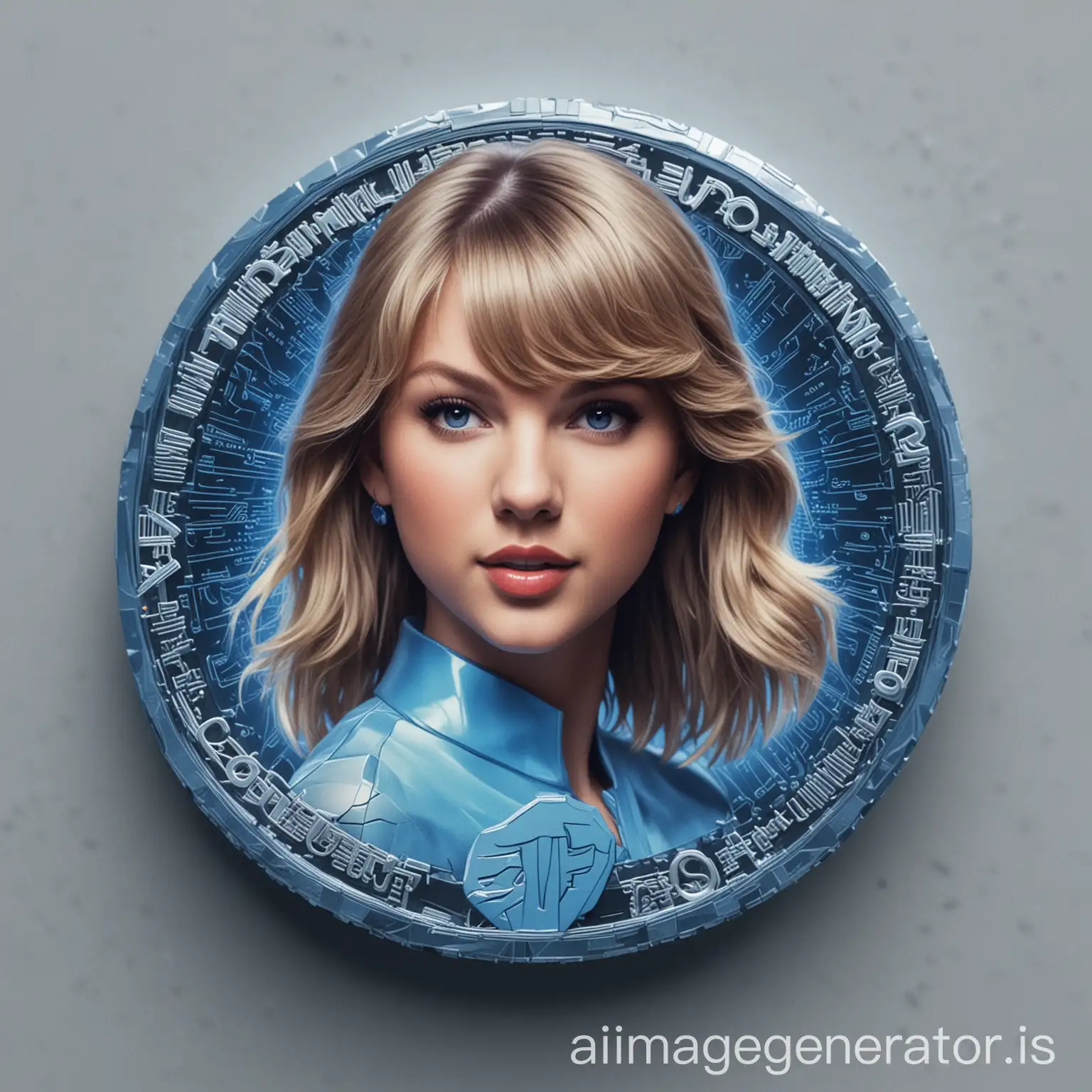
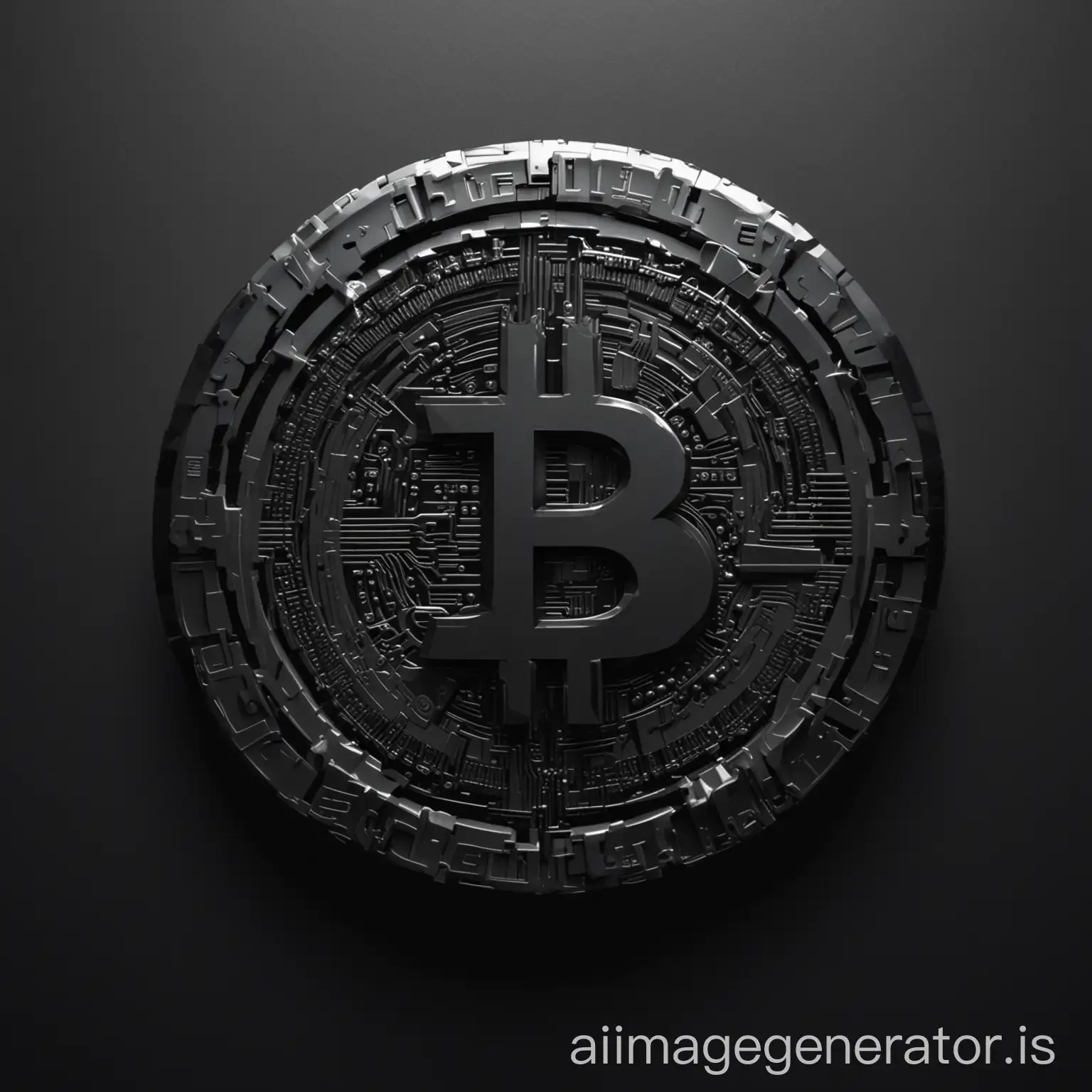


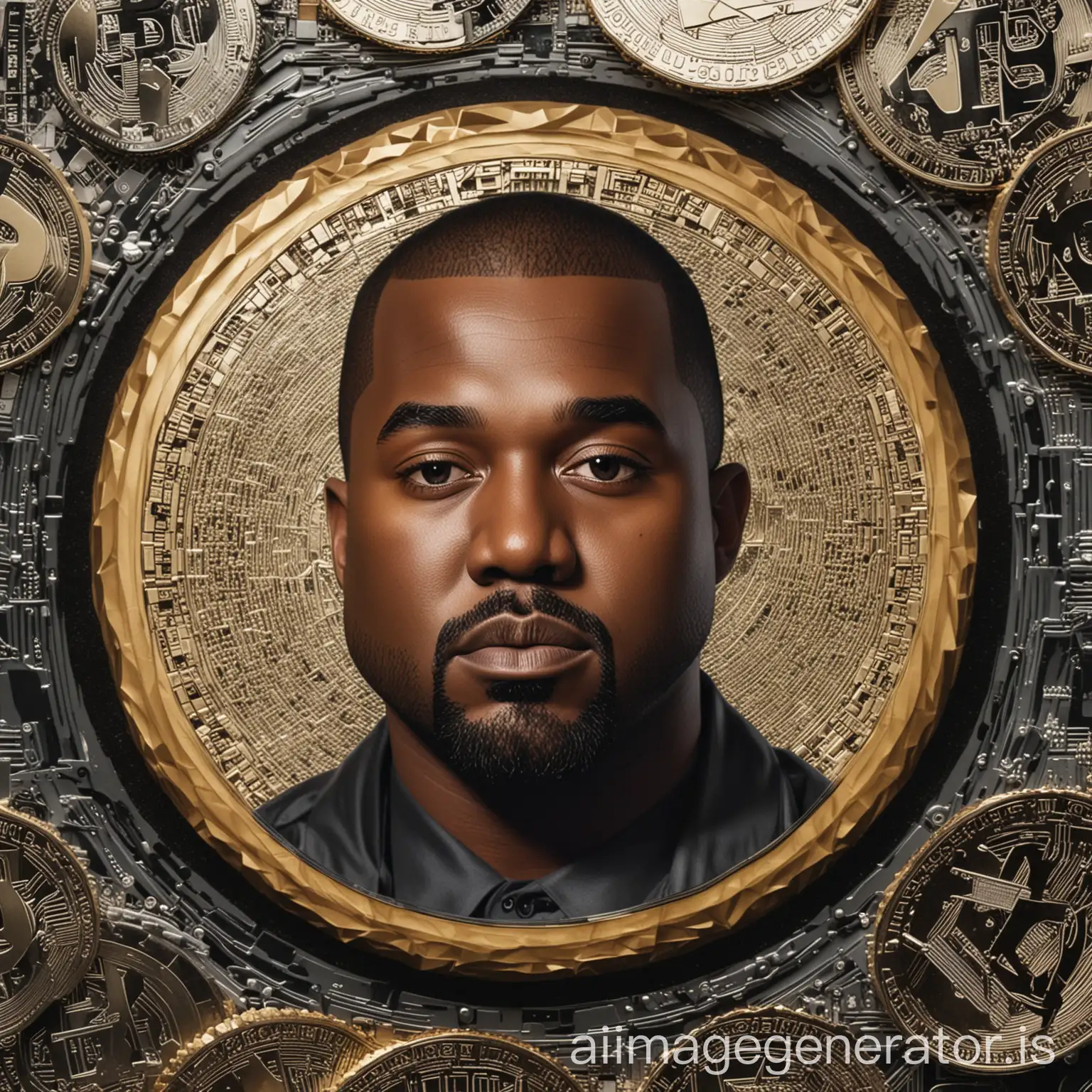
Related Tags
Blockchain technology, at its core, is a decentralized digital ledger that records transactions across multiple computers. This innovative technology ensures that once data is recorded, it cannot be altered retroactively without the consensus of the network. Originally conceptualized in 2008 by an anonymous entity known as Satoshi Nakamoto, blockchain technology was designed to support the cryptocurrency Bitcoin. However, its applications have since expanded far beyond financial transactions. By providing a transparent and tamper-proof way to store data, blockchain has become a crucial technology in industries such as finance, healthcare, supply chain management, and more. The decentralized nature of blockchain eliminates the need for intermediaries, thereby reducing costs and increasing efficiency. Its potential for revolutionizing various sectors has made blockchain a key player in the modern technological landscape.
Understanding Blockchain Technology: Definition and Background
Blockchain technology is characterized by its security, transparency, and immutability. One of the core features of blockchain is its decentralized structure, which ensures that no single entity has control over the entire network, thereby enhancing security. Each block in the chain contains a cryptographic hash of the previous block, a timestamp, and transaction data, making it incredibly difficult for hackers to alter any information. This security feature has made blockchain an attractive option for industries requiring robust data protection. In the financial sector, blockchain enables secure peer-to-peer transactions without the need for traditional banking intermediaries, thereby reducing transaction fees and processing times. Additionally, the supply chain industry benefits from blockchain by using it to track goods from production to delivery, ensuring transparency and accountability at every step. The healthcare sector also leverages blockchain to securely store and share patient records, improving data accuracy and patient privacy. These applications demonstrate the versatile potential of blockchain technology to transform various aspects of modern life.
Key Characteristics and Real-World Applications of Blockchain Technology
Blockchain technology has had a profound impact on modern culture, particularly through its association with cryptocurrencies and the rise of decentralized finance (DeFi). Cryptocurrencies like Bitcoin and Ethereum have become household names, capturing the public's imagination and prompting discussions about the future of money and financial systems. Beyond finance, blockchain's influence extends to digital art and the burgeoning field of non-fungible tokens (NFTs), which have revolutionized the way artists and creators monetize their work. NFTs utilize blockchain to verify ownership and provenance of digital assets, allowing artists to sell their creations directly to collectors. This has opened up new revenue streams for artists and has challenged traditional notions of ownership and value in the art world. Additionally, blockchain's emphasis on decentralization and transparency aligns with the growing societal demand for accountability and democratization of information. As a result, blockchain technology continues to shape cultural narratives around data privacy, security, and the decentralization of power.
The Impact of Blockchain Technology on Modern Culture
As blockchain technology continues to evolve, several key trends are shaping its future development. One of the most significant trends is the integration of blockchain with other emerging technologies such as artificial intelligence (AI) and the Internet of Things (IoT). This convergence promises to enhance the capabilities of blockchain networks, enabling more efficient data processing and automated decision-making. For instance, AI algorithms can analyze blockchain data to identify patterns and insights, improving business operations and strategic planning. Another emerging trend is the growth of smart contracts, which are self-executing contracts with the terms of the agreement directly written into code. These contracts automatically execute transactions once predefined conditions are met, reducing the need for intermediaries and increasing efficiency across various industries. Furthermore, the concept of decentralized finance (DeFi) continues to gain momentum, offering innovative financial services such as lending, borrowing, and trading without traditional financial institutions. As blockchain technology matures, its potential to disrupt existing industries and create new business models remains a compelling narrative for the future.
Future Development Trends in Blockchain Technology